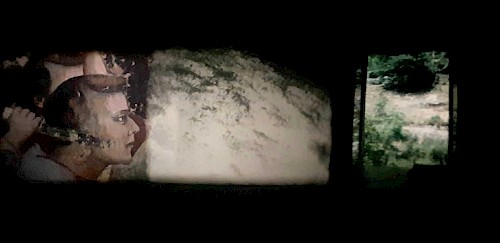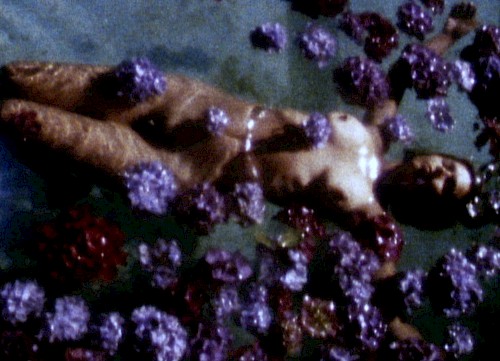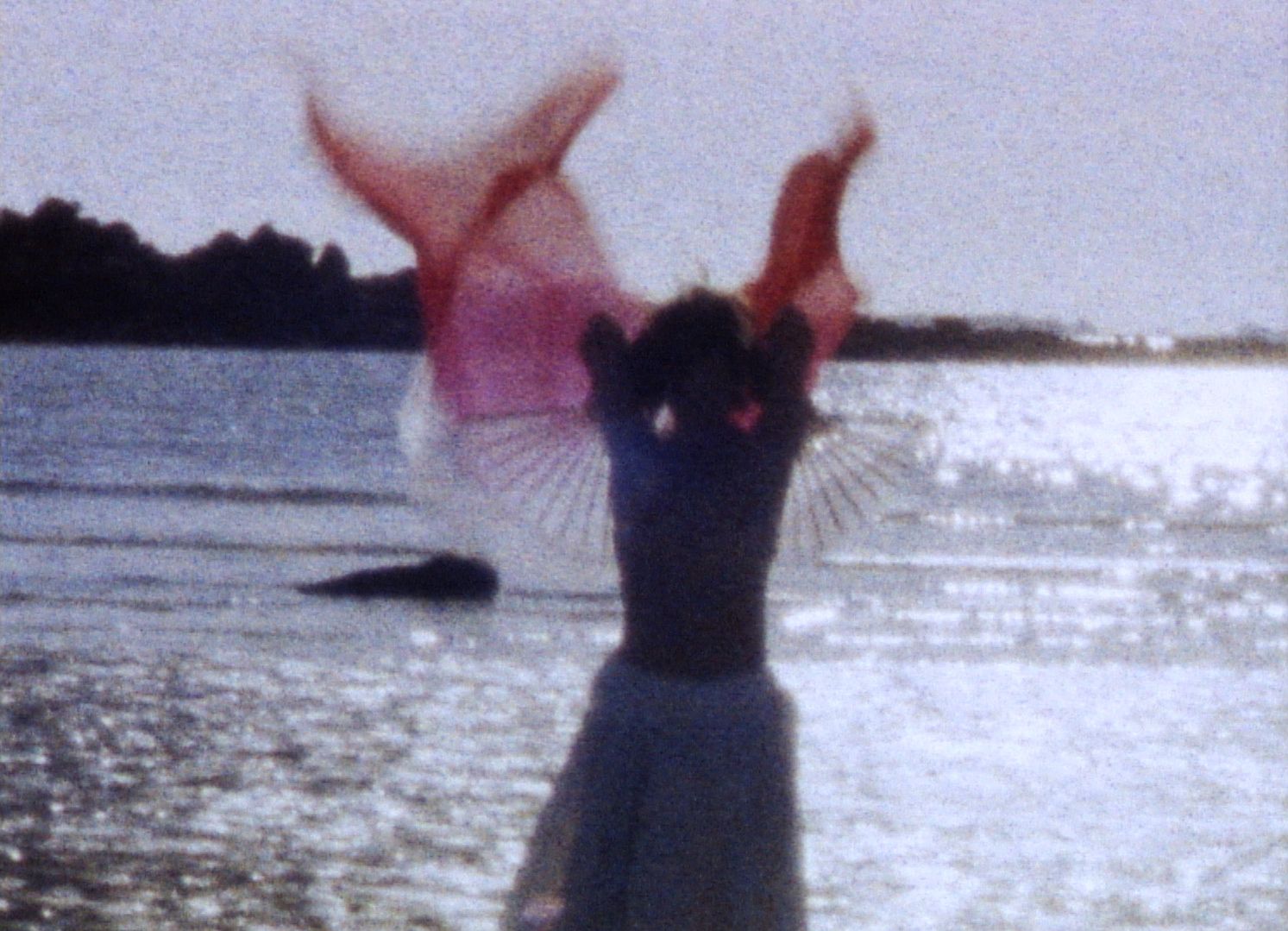Cinema holds fantastic experiences when one dares to leave the beaten track of classic film making and directing. Fresh from the waters of its conception, Deep Waters is an experimental documentary, an essay and above all a work of cinema. Alice Heit, the director of this medium-length film, is conducting a patient investigation into a phenomenon that is still little heard of and that some people associate with a specific identity: the fountain woman. This research leads her to collect the testimonies of many women, who then become the storytellers of a story that links each of us to the mists of time. From the singular to the universal, the art of storytelling is patiently woven here, like the threads of a long tapestry containing a piece of human history. And little by little we discover the weaving that takes shape before our eyes: an invitation to revisit feminine pleasure from a new angle.
The ability to release water at the moment of sexual pleasure is no longer a singular rarity but a capacity that every woman’s body possesses. We find it in an underlying way, in the representation of the divinities, sources of fertility in the ancient civilizations where the feminine was respected and venerated…
But the path is far from being without difficulties, as a woman testifying to Alice Heit’s microphone expresses it well in voice-over, because each individual is linked to the transgenerational history of a lineage of raped women, and no lineage is unharmed by the patriarchal order of the world in which we live. However, each individual is also able to heal from her wounds… and a path of reconciliation of the woman with herself, body and soul, opens up…
Alice Heit’sDeep Waters is also a concrete invitation to women to get to know their bodies intimately in order to better reconnect with them, and thus with their inner source.
This approach to female empowerment is also reflected in the filmmaker’s choice to reappropriate the means of production at all levels of the film’s production, shot in Super 8, developed by hand, self-financed (participatory financing)… while integrating a collective dimension, inviting many women to experiment, to express themselves, to find pleasure in doing and being, within this space.
The Super 8 allows to give birth to an image on the hypersensitive support of the film, grainy, vibrating, approaching the tactile aspect of the skin… The nudity of the bodies and even less their feminine diversity are no longer taboo. The filmmaker films them with complicity and sisterhood. By small touches, we experience an inner, intimate serenity, in the present time.
Alice Heit thus reconnects with a whole history of independence in cinema that took the form of the experimental with personalities such as Germaine Dulac and Maya Deren, or more recently Marie Losier. She explores all the dimensions that the artisanal cinema leaves at hand to create in close connection with the elements she summons, like the filmed bodies, which speak for themselves.
The stop motion animation in Deep Waters also summons the joy of experiencing female bodies outside of puritanical taboos, to reveal their inner magic… Alice Heit brings ancient goddesses back to life after having sculpted them and nourished them with her thoughts. The soundtrack breathes life into them. From then on, the association of these divine representations with the bodies of contemporary women filmed in Super 8 re-actualizes the intrinsic and multi-secular force of the feminine.
In 1866, Gustave Courbet painted The Origin of the World. In 2019, Alice Heit revisits the theme, with an unprecedented analysis of the beauty of feminine power, to offer life as much as the pleasure of life, in the same way that water represents, source of life and pleasure.
—
Cédric Lépine
(text taken from the blog of Cédric Lépine, accessible at this address www.blogs.mediapart.fr/cedric-lepine /blog)
















